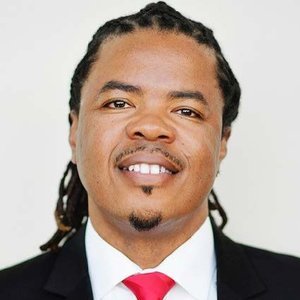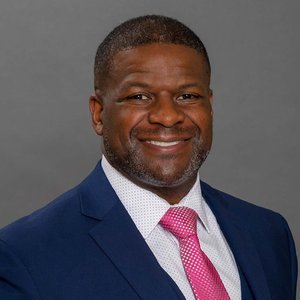An Oral History Project Conducted by John Robert Lewis Fellow Baxter Yarbrough
Project Description
This oral history project tells the story of Linda Everette-Williams. Linda Everette-Williams’s family has lived in Conway County, Arkansas for multiple generations. She is the descendant of activists and community organizers who shaped their communities for the better, pushing for progress and goodness in the public arena. Her family members had lived in a rural black community in the county prior to moving into Morrilton city limits. Additionally, she holds close relationships with people living in other rural black and multiracial townships and communities in Conway County. Everette-Williams lived in Morrilton throughout her childhood and integrated the school district after having attended the region’s segregated elementary school in the 1960’s. Between semesters at one of Arkansas’s HBCUs, the University of Arkansas Pine Bluff, Everette-Williams spent summers in Conway County. She and her husband moved to Illinois in the late 1980’s, though she continued to visit Conway County while living outside of the state. She and her family moved back to Morrilton in 2010 and quickly became involved in various civic and social organizations. Everette-Williams serves as Chairperson of the Morrilton Human Relations Council and Chairperson of the Conway County Democratic Party, and she is a two-time candidate for Morrilton City Council.
Oral history interview with Linda Everette-Williams
Presentation Slides













Presentation Recording












































